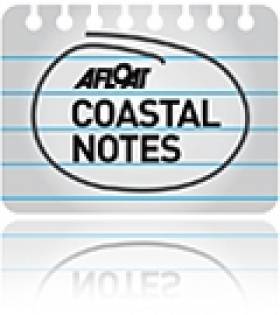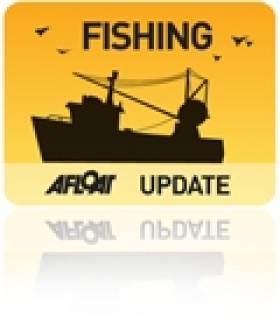Displaying items by tag: Department of Communications Energy and Natural Resources
Display of Oil Exploration Plans for Dalkey Island Prospect
#DALKEY ISLAND PROSPECT – Plans by Providence Resources to search for oil and gas off Dublin and Wicklow coastlines, along the Kish Bank Basin are currently on display in Dalkey and Dun Laoghaire Garda Stations.
An application for a foreshore license was lodged by Providence Resources to the Department of Communications, Energy and Natural Resources.
The company seek to undertake a site investigate including the drilling of an exploratory well - which is known as the Dalkey Island prospect located 10km offshore.
Providence hope to ascertain if oil or gas, are present and that quantities are commercially viable for the company that holds a 50% interest in the licence and operates on behalf of Star Energy.
A copy of the application, and the relevant maps, plans, and drawings, are available for inspection at both Garda stations (see addresses below). The public consultation process of 21 days started on 5th January and the closing date is Thursday 2nd February 2012.
Dalkey Garda Station, Tubbermore Road, Dalkey, Co. Dublin and Dun Laoghaire Garda Station, 33/34 Corrig Avenue, Dun Laoghaire, Co. Dublin.
In addition documentation is also available to view at the department's website by clicking HERE.
Decision on Castlemaine Fishing 'A Matter of Urgency'
A decision on the reopening of Castlemaine Harbour to wild salmon fishing will be made "as a matter of urgency", says the Department of Communications, Energy and Natural Resources.
The Kerryman reports that the department has confirmed 25 submissions were received during a 30-day consultation after plans were announced to reopen the harbour to commercial fishing in May.
Local fishermen have welcomed the move, though angling and conservation groups have voiced their opposition, with Guy Buxton of the Kerry Anglers' Federation saying that the reopening "could not be justified" on any grounds.






























































